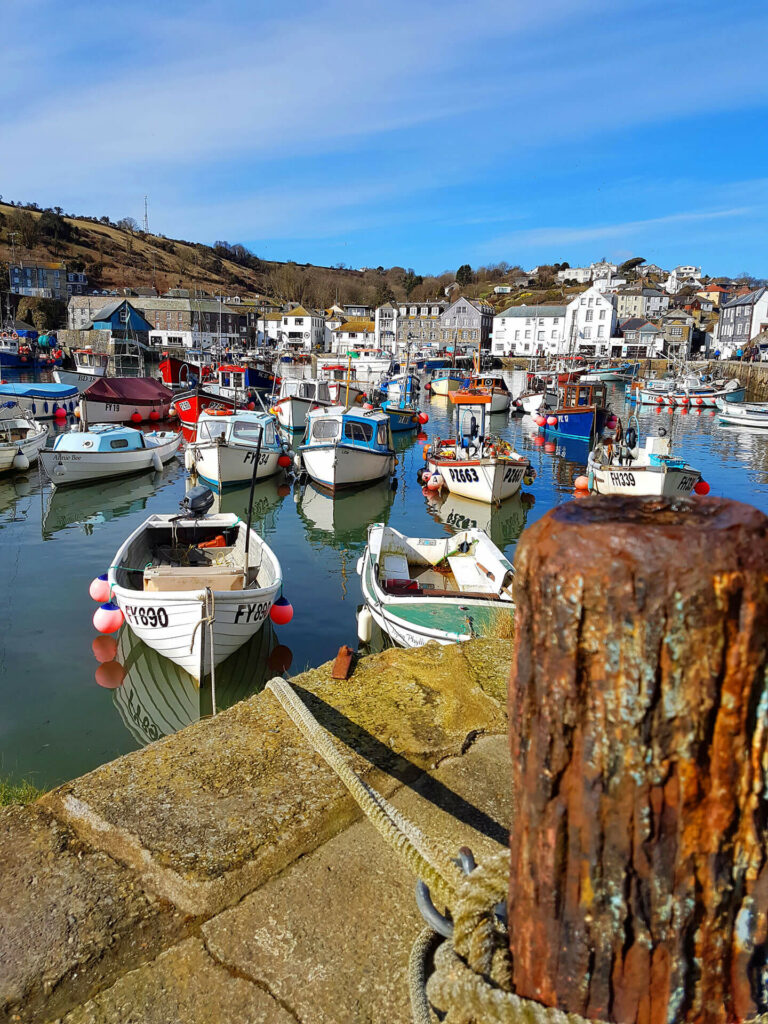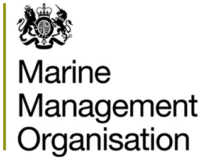Project team
Why it matters
The South West’s marine and coastal environments are increasingly busy places where shipping, recreation and tourism, fishing and energy production compete for space. These industries are vital to the region’s economy – the South West has one of the largest fishing fleets in the UK, landing seafood worth over £86m annually; recreation also attracts an estimated £4-5bn (pre-COVID-19 pandemic).
Prior to the establishment of the Marine and Coastal Access Act 2009, there was no formal process for collectively managing the wide range of activities in the marine environment. This changed when the Marine Management Organisation (MMO) was tasked with developing a series of Marine Plans for each of the 11 designated areas around England’s coast by 2021.
Marine plans must be used in all planning decisions for the sea, coast, estuaries and tidal waters, as well as developments that impact these areas, such as infrastructure, and aim to protect and enhance the marine environment, whilst allowing for sustainable economic growth. Turning to its scientific community for advice to ensure it was underpinned by the best-available, evidence-based guidance to inform the location of marine and coastal activities, the MMO began to develop the South West Marine Plan in 2016.
To confidently plan for sustainable regional activity, it is vital that Marine Plans recognise the effect of climate change on the marine environment. Evidence shows that higher seawater temperatures and lower pH levels, caused by climate change, are affecting the distribution and activity of marine life which, at a regional level, raises concerns over whether marine habitats will continue to support indigenous species, as well as ecosystem function and service provision.

Partners
SWEEP has provided evidence to help us validate some of the climate change issues that were raised for the South West marine plan areas, and has informed our policy approach.
MMO Marine Planning Team
What we did
The team analysed existing Marine Plans, data, models and natural capital valuation approaches to understand their relevance and identify the most appropriate inputs for the SWMP. They used sophisticated modelling techniques to understand how physical, chemical and biological features of the South West’s marine environment may respond to climate change over a 20-year time frame. The model projection data and accompanying report (published by the MMO) contributed to the evidence base for the SWMP.
In their final report, Model projections of marine environmental variables’ response to climate change within England’s South West marine plan areas (MMO1169), the team found that changes in habitat suitability and distribution of marine species are a likely consequence for the plan area. The report highlights where changes are projected to be significant in response to climate change, and how these may impact on sectors and receptors – eg. tourism, aquaculture, and the incidence of potentially harmful (invasive) species.
Impacts & benefits
- Enhancing stakeholder knowledge and engagement: Using their existing models, the SWEEP team created bespoke knowledge that directly contributed to the development of a scientifically robust SWMP through inclusion of climate model data, which was used to inform a Marine Plan for the first time. Directly available via the MMO evidence portal and GOV.UK the SWEEP report will be one of the key resources for South West stakeholders to inform and support their marine licence applications and business plans.
- Improved capacity for decision making: SWEEP’s climate change projections have provided the MMO with the scientific evidence needed to understand temporal changes in the marine environment, and their potential impact on the long term viability of new activities over the next 20 years. This has contributed to a more integrated, forward-looking SWMP that provides those making licensing and other marine management decisions with the information they need to take account of externalities imposed by different marine uses. SWEEP data is also delivering wider benefits to marine planning processes by feeding directly into other MMO work. For example, multi-trophic aquaculture modelling and co-existence conflict of marine issues such as the growth of renewables.
- Changing perspectives: SWEEP work has prompted new thinking within the MMO, highlighting the importance of understanding climate model projections and incorporating them into their marine plans and wider work.
- Informing regional and national policy delivery and development: SWEEP’s work is informing the iterative process of marine planning implementation, review and improvement regionally and nationally. It is also supporting the development and delivery of further marine policies and programmes both at the MMO and for other stakeholders.
- A more robust SWMP delivering economic, environmental and social benefits SWEEP’s scientific evidence has increased the robustness of the SWMP, which will play a fundamental role in guiding future conservation, business planning and economic development in the South West. Learning and findings from this project will contribute to the many benefits that arise from the marine planning process – including the estimated £446bn net benefit of all UK marine plans.
In the future, scaling the SWEEP work up to a national scale could be useful for multiple marine plan areas. National level evidence would allow us to understand if there are any regional differences between plan areas with respect to the effects of climate change.
MMO Marine Planning Team
Looking to the future
The full benefits of SWEEP’s work, contributing to a morescientifically robust SWMP, will be seen over the forthcoming years and decades as the MMO requires public authorities to implement the SWMP through existing regulatory and decision-making processes, and for all parties to use it to inform more robust marine and coastal planning and development decisions.




